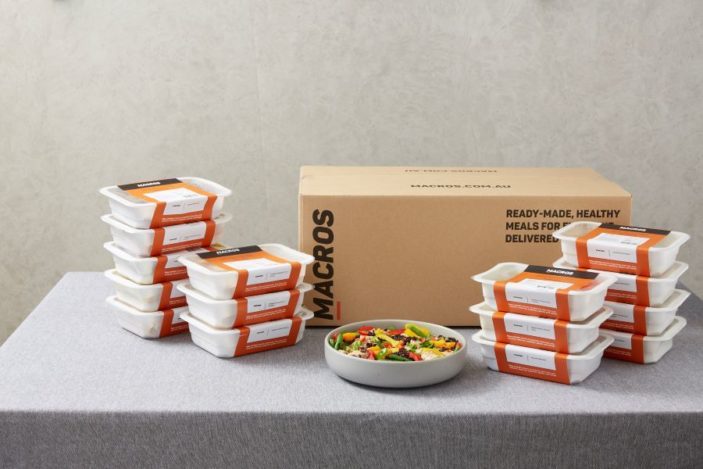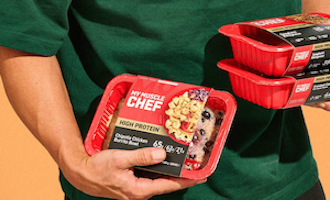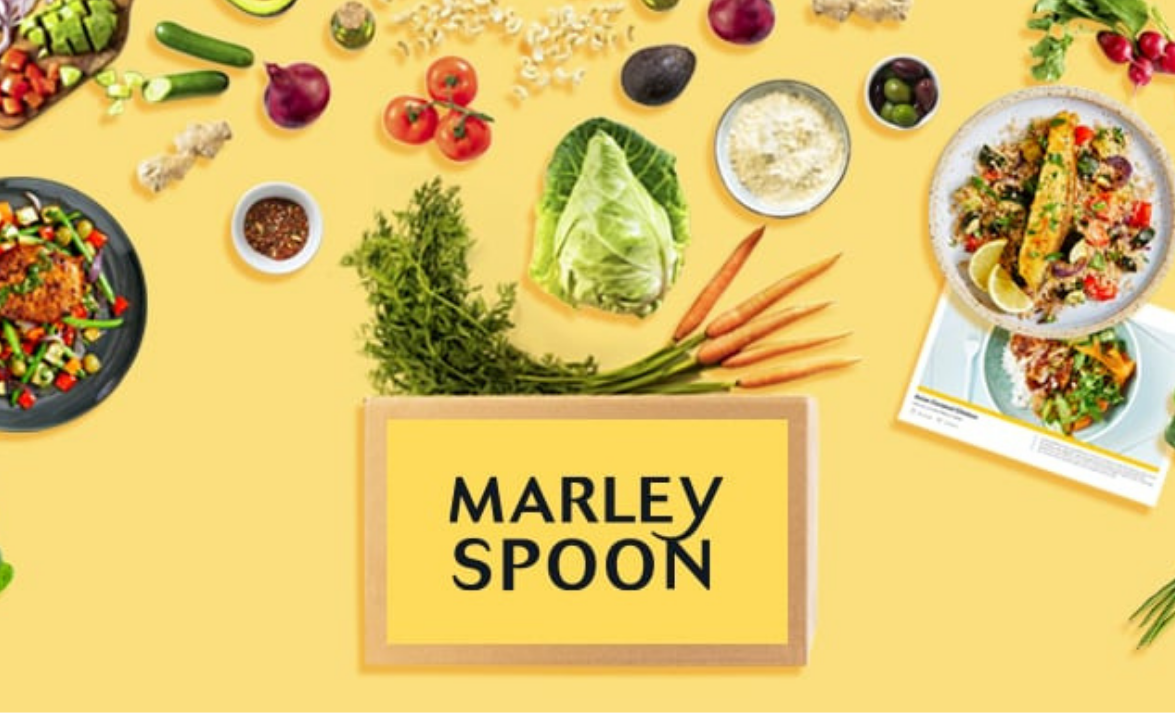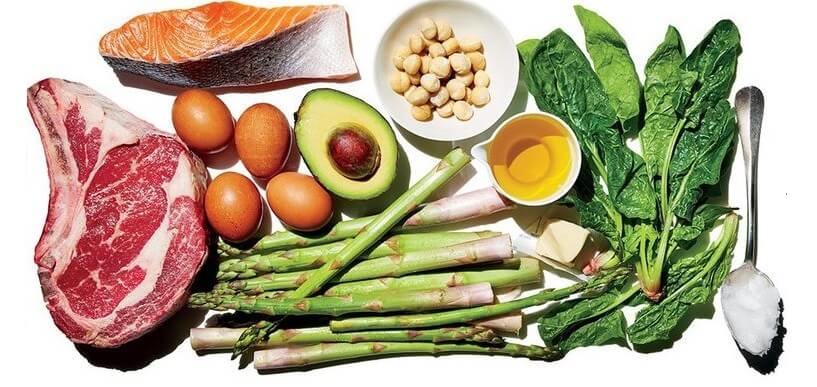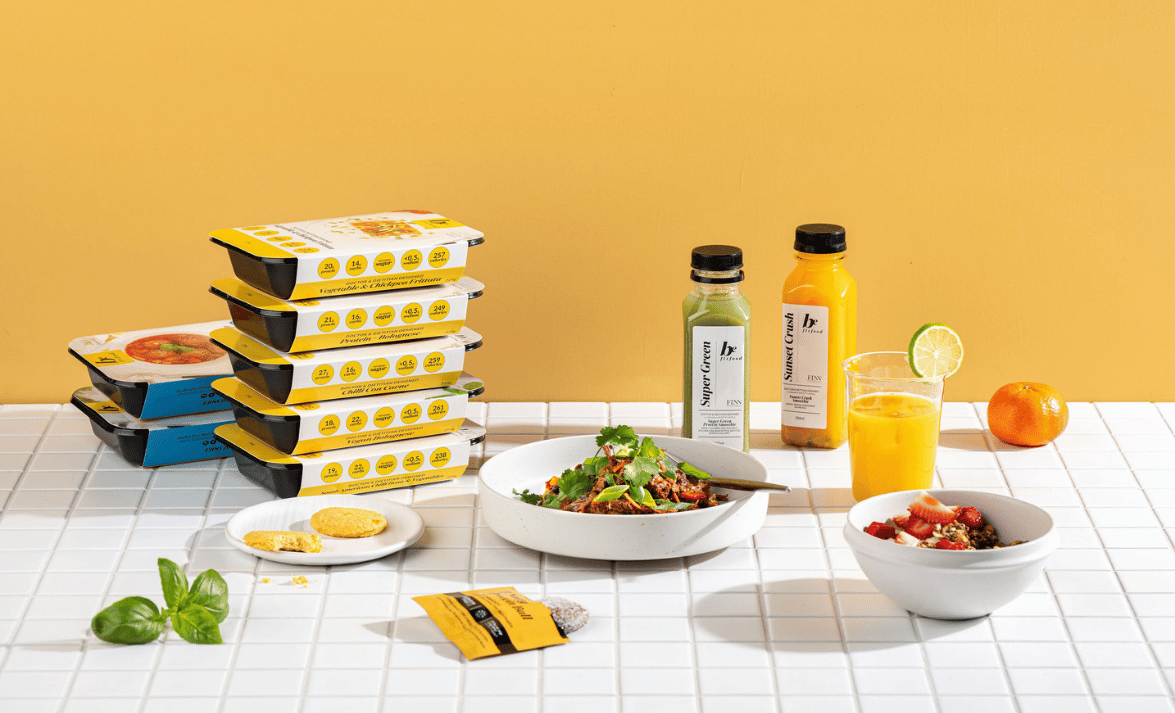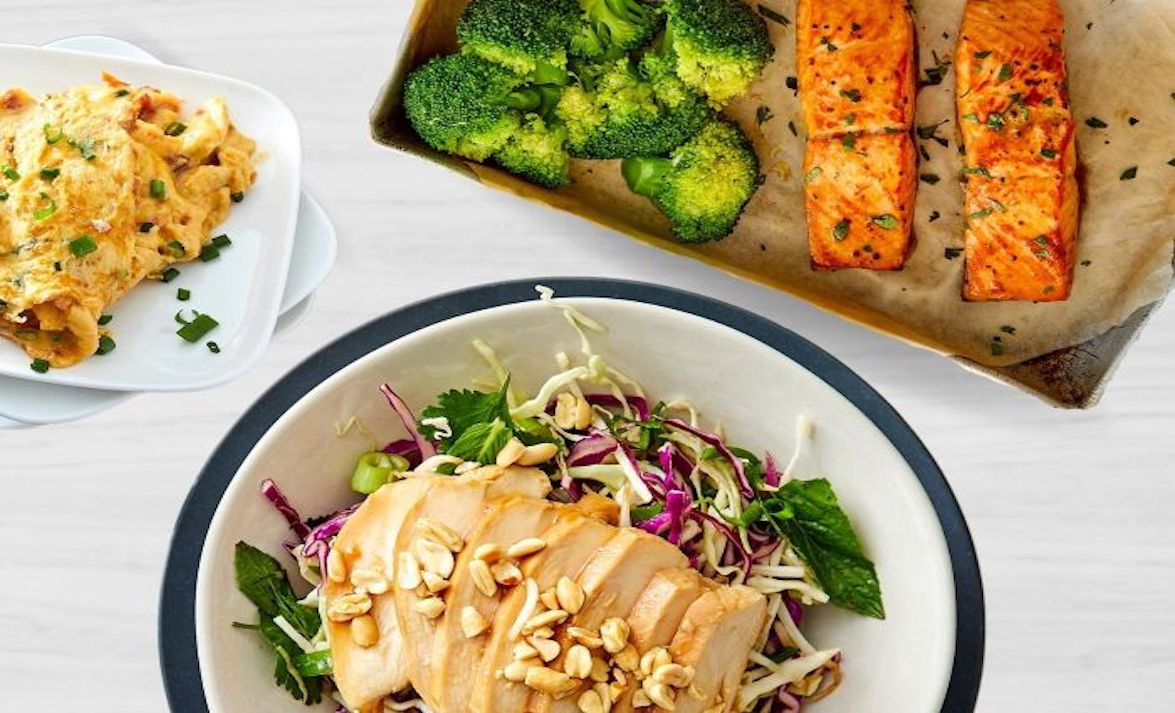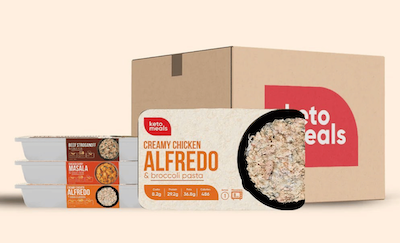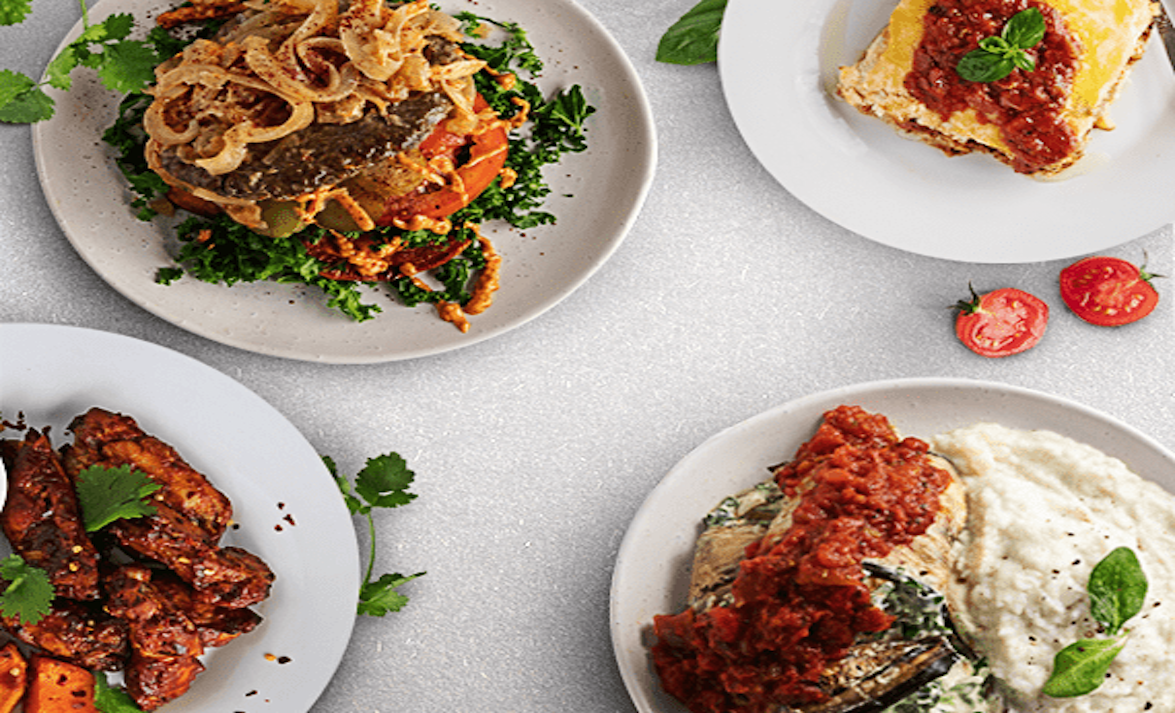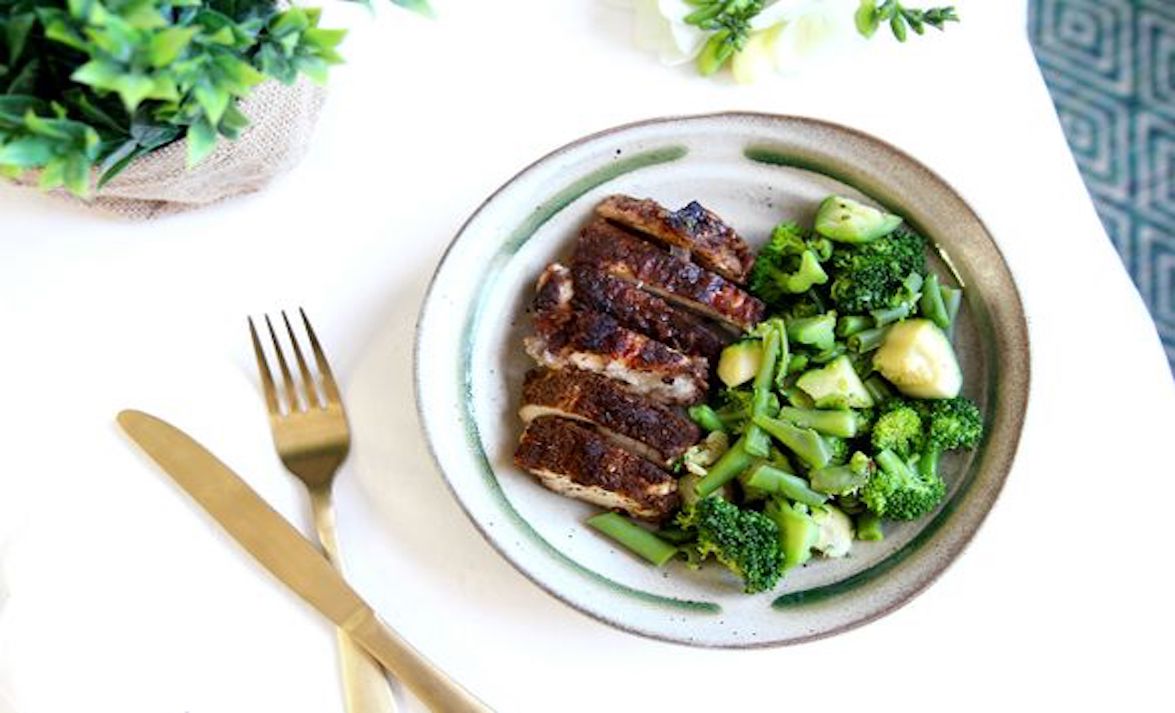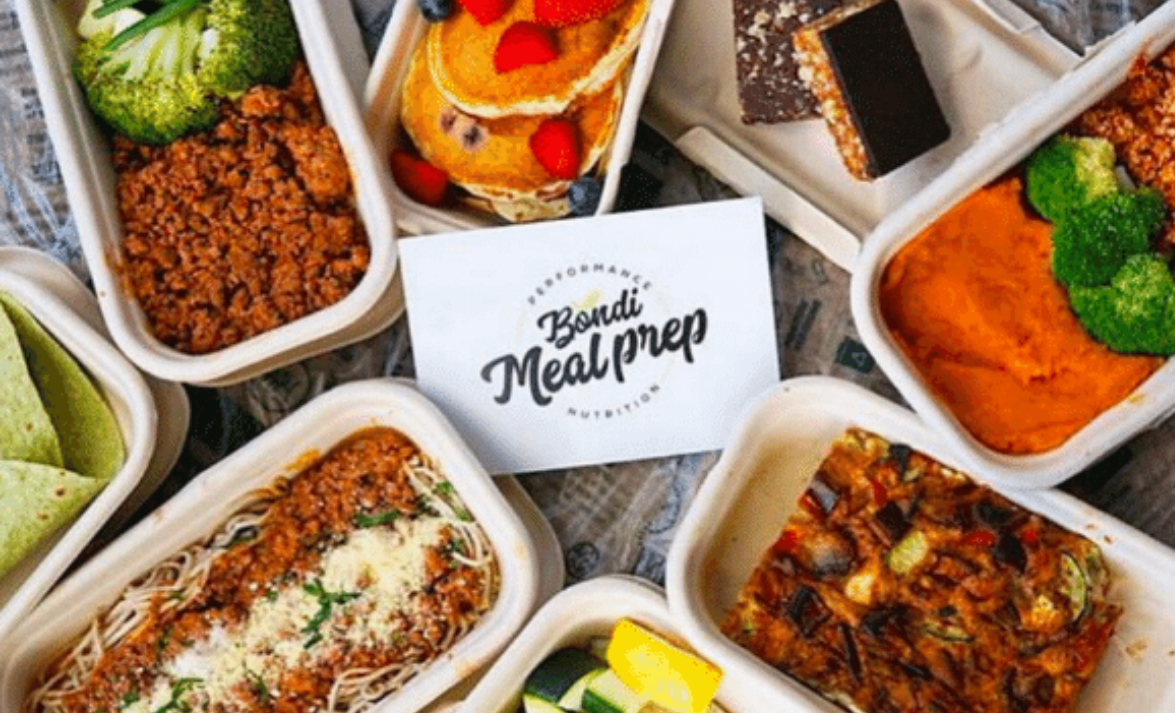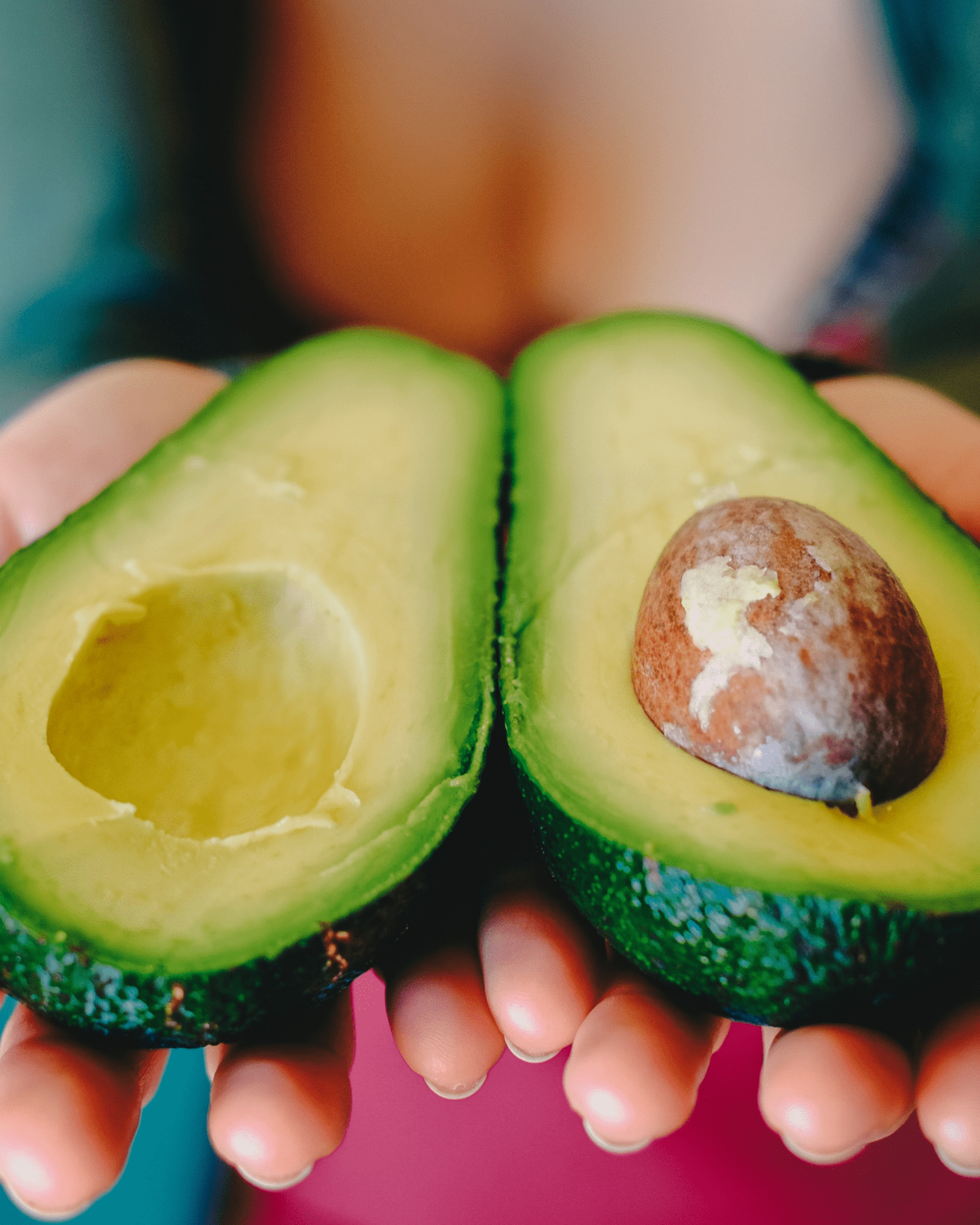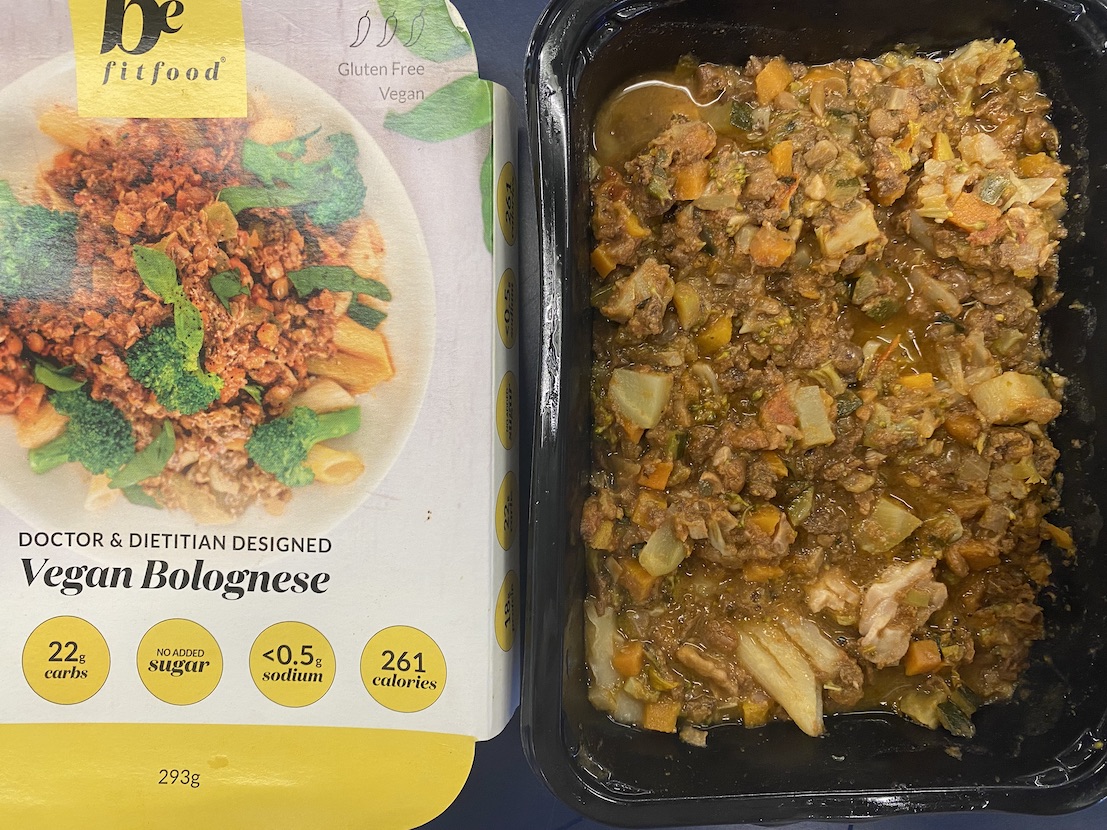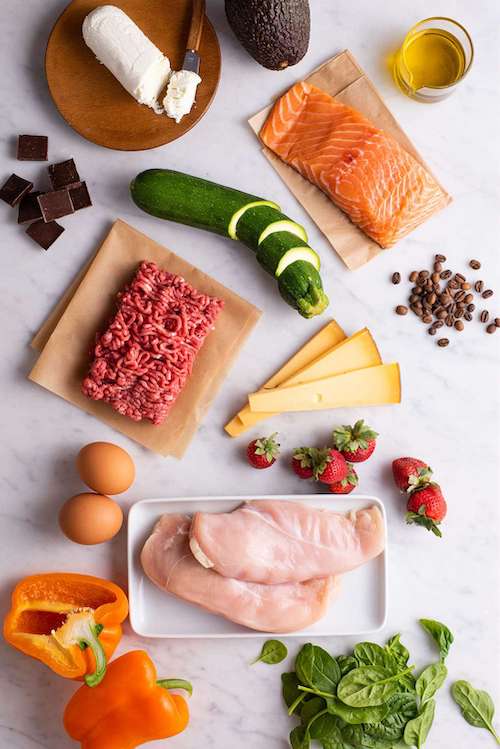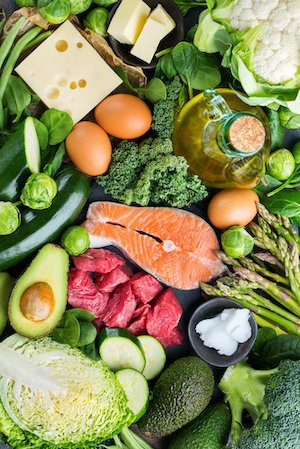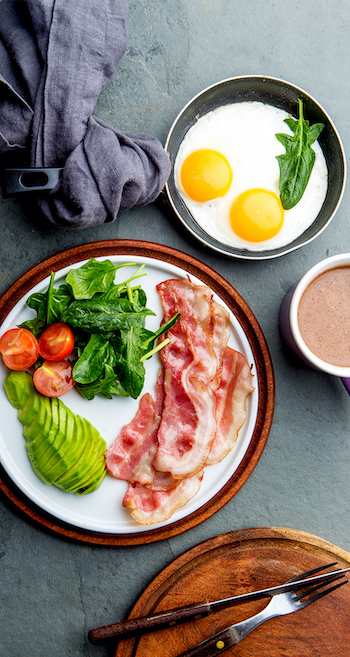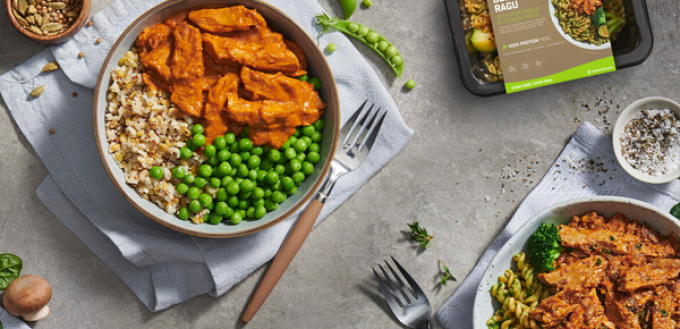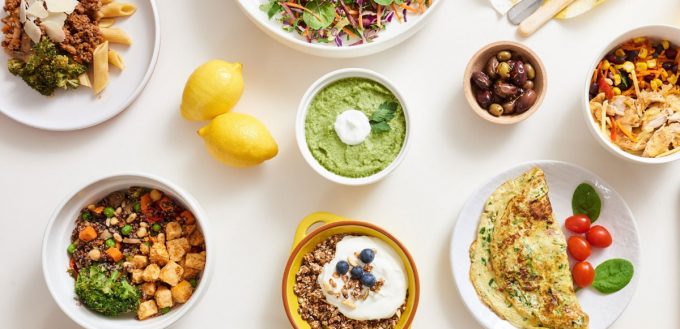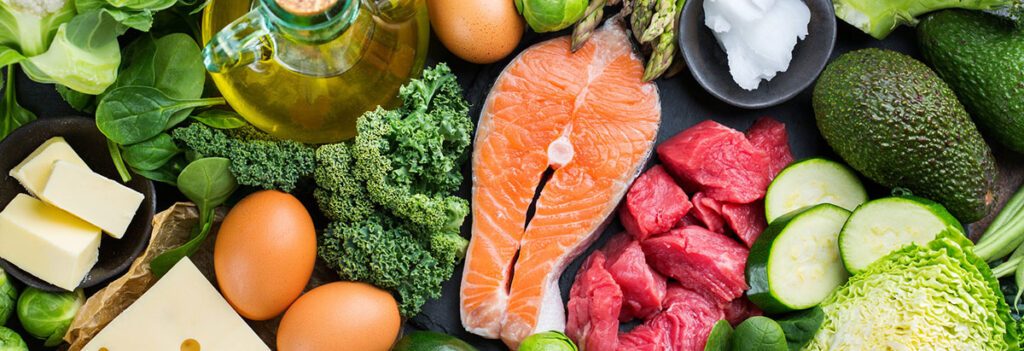- Meal Delivery
Shop by Category
TOP PROVIDERS
POPULAR SEARCHES
Meal Finder Tool

Use our meal finder quiz to find the best meal delivery service for you.
- Vitamin & Supplements
- Deals
- About
- Blog
Keto Meal Delivery & Meal Kits
Keto Meal Delivery & Meal Kits
Are you looking for keto-friendly meals delivered straight to your door? Look no further, we have you sorted! We’ve gathered some of the best Australian keto ready-made meal delivery services and compared them to give you the information you need before purchasing your next meal. Whether you’re in Sydney, Melbourne, Brisbane or anywhere else in Australia, there’s a keto delivery service available below.
Get personalised meal recommendations
Compare Keto Meal Delivery & Meal Kits
Advertiser Discolure Advertiser DiscolureMACROS offers keto ready-made meals delivered to your door, designed to support a low-carb, high-fat lifestyle. Their keto range is …
NSW, VIC, ACT, QLD, NT, SA, WA, TAS
$10.95/serve
Save up to $120 on your first 6 orders! Get Deal
The My Muscle Chef Keto Friendly Pack is a dedicated keto menu featuring 5 Keto meals, protein shakes and protein bars.
NSW, VIC, ACT, QLD, SA, WA
$10.95/serve
Get $220 OFF first 5 boxes! Get Deal
Marley Spoon's Low Carb Meals has the best selection to support a Ketogenic diet. These recipes contain less than 25g of carbs/per serve.
NSW, VIC, ACT, QLD, NT, SA, WA, TAS
$8.30/serve
10 Keto Meals for Only $130/per Week Get Deal
Choose from a 3, 5 or 7 day Keto Diet Meal Plan for lunch and dinner with approximately 60 Keto options and Vegetarian Keto Options.
NSW, VIC, ACT, QLD, SA, WA, TAS
$13.00/serve
$30 off first purchase! Get Deal
There are 2 Keto Programs and Healthy Keto Meal bundles to assist in weight loss. The meals are dietitian-approved, low-carb, ketogenic and calorie-focused.
NSW, VIC, ACT, QLD, NT, SA, WA, TAS
$7.95/serve
$30 off your first order! Get Deal
There are 2 Keto friendly lunch and dinner packs available that are diet-focused and tailored to meet individual needs.
NSW, VIC, ACT, QLD
$11.55/serve
Get 5% OFF your order! Get Deal
Keto Meals is your go-to source for delicious and healthy keto-ready meals delivered right to your door across Australia. They …
NSW, VIC, ACT, QLD, NT, SA, WA, TAS
$16.90/serve
Foober offers low calorie and keto meals including keto meal plans for Sydney, Melbourne and Brisbane. Meals are are weight …
NSW, VIC, QLD
$10.95/serve
Thr1ve offers a large range of keto-friendly meals that are also considered ultra low carb. Their keto range offers an …
NSW, VIC, ACT, QLD, WA
$11.95/serve
Get 10% Off Your Order! Get Deal
Bondi Meal Prep creates freshly prepared and healthy quick meals. Each meal includes optimum ratios of protein, fats and carbohydrates …
NSW, VIC, ACT, QLD
$12.90/serve


